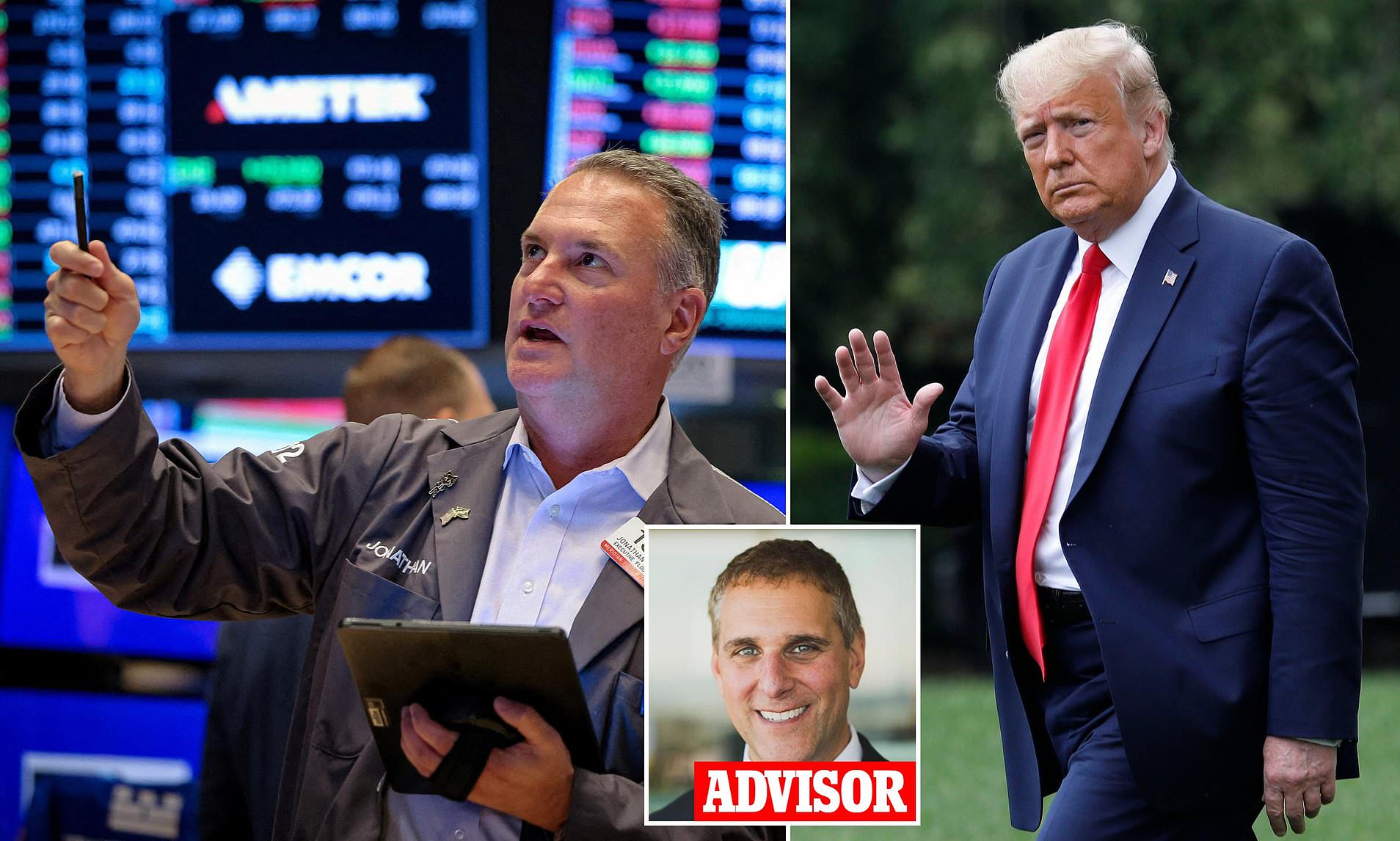Stock Performance Hinges on Your Political Choice

Political Sentiment and Stock Market Decisions
The stock market's performance is increasingly influenced by the political views of investors, according to recent research. This trend has led to a growing divide between Republicans and Democrats in how they approach investing. The gap in optimism about the market’s future is now at its widest since 2001, as reported by Gallup.
Republicans are significantly more optimistic than Democrats regarding the stock market’s performance over the next six months. A 47 percentage point difference exists between Republican confidence and Democratic pessimism. Meanwhile, Democrats who expect a decline in stock prices outnumber Republicans by 59 percentage points. This sentiment gap is shaping investment decisions across both political spectrums.
Wealthy individuals who align with either political party are making different choices when it comes to their portfolios. According to reports from the Wall Street Journal, Democratic-leaning investors are selling American assets due to concerns that Trump’s policies could negatively impact the market. In contrast, Republican voters, who are more confident in the market’s potential, are buying or holding onto American companies.
Investing based on political beliefs can have serious consequences. For example, those who sold stocks after Trump’s “Liberation Day” tariff announcements, which caused a 20 percent drop in the market, missed out on the subsequent recovery to all-time highs. Such decisions can lead to significant losses over time.
Historical data suggests that long-term investment strategies can yield dramatic results. According to Paul Hickey of Bespoke Investment Group, investing $1,000 in 1953 and only holding stocks during Republican presidencies would result in $29,000 today. If the same strategy were applied during Democratic presidencies, the amount would be roughly double. However, the best outcome would come from simply buying and holding throughout the entire period, which would leave an investor with around $1.9 million today.
The divide in investment behavior between Red and Blue voters began during Barack Obama’s presidency in 2013. The gap continued to grow following Trump’s election in 2016, as noted by Elena Pikulina, who analyzed data from over 300 independent investment advisers.
David Sadkin, a partner at Bel Air Investment Advisors, explained that knowing how someone voted could predict their attitude toward the stock market. He recalled a wealthy client who was concerned about the president’s policies and considered moving their assets abroad due to fears of economic decline under a second Trump term.
On the other hand, Trump supporter Bruce Besten, a 68-year-old restaurant owner from Louisville, Kentucky, believes his investments will perform well under the current administration. He argues that a business-friendly environment is beneficial for the stock market. During the market collapse in April, he took advantage of the media-driven hype around tariffs to purchase American stocks, including Nvidia.
This political influence on investment decisions highlights the complex relationship between public sentiment and financial markets. As political tensions continue to shape economic expectations, investors must navigate these challenges carefully to make informed choices.
Posting Komentar